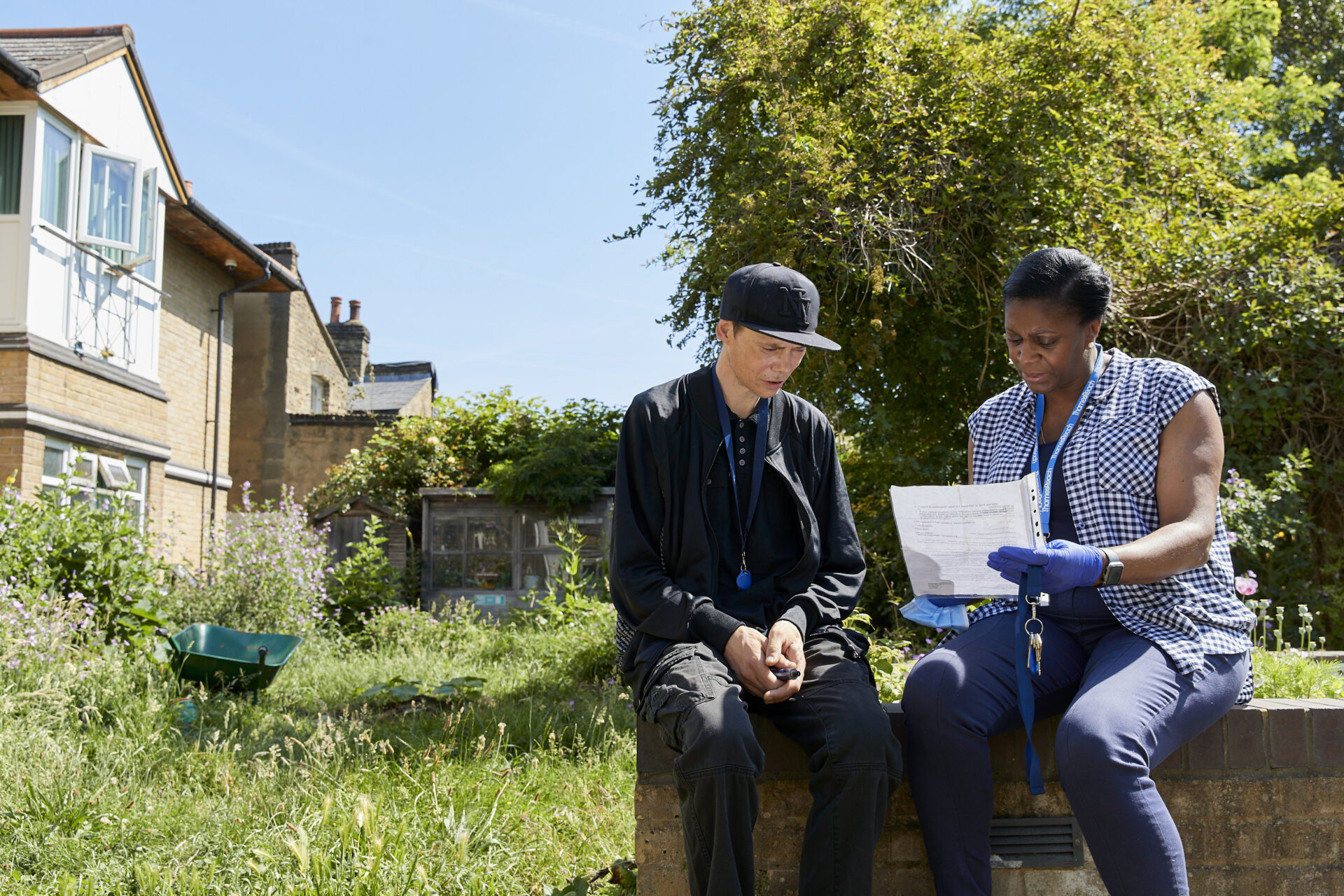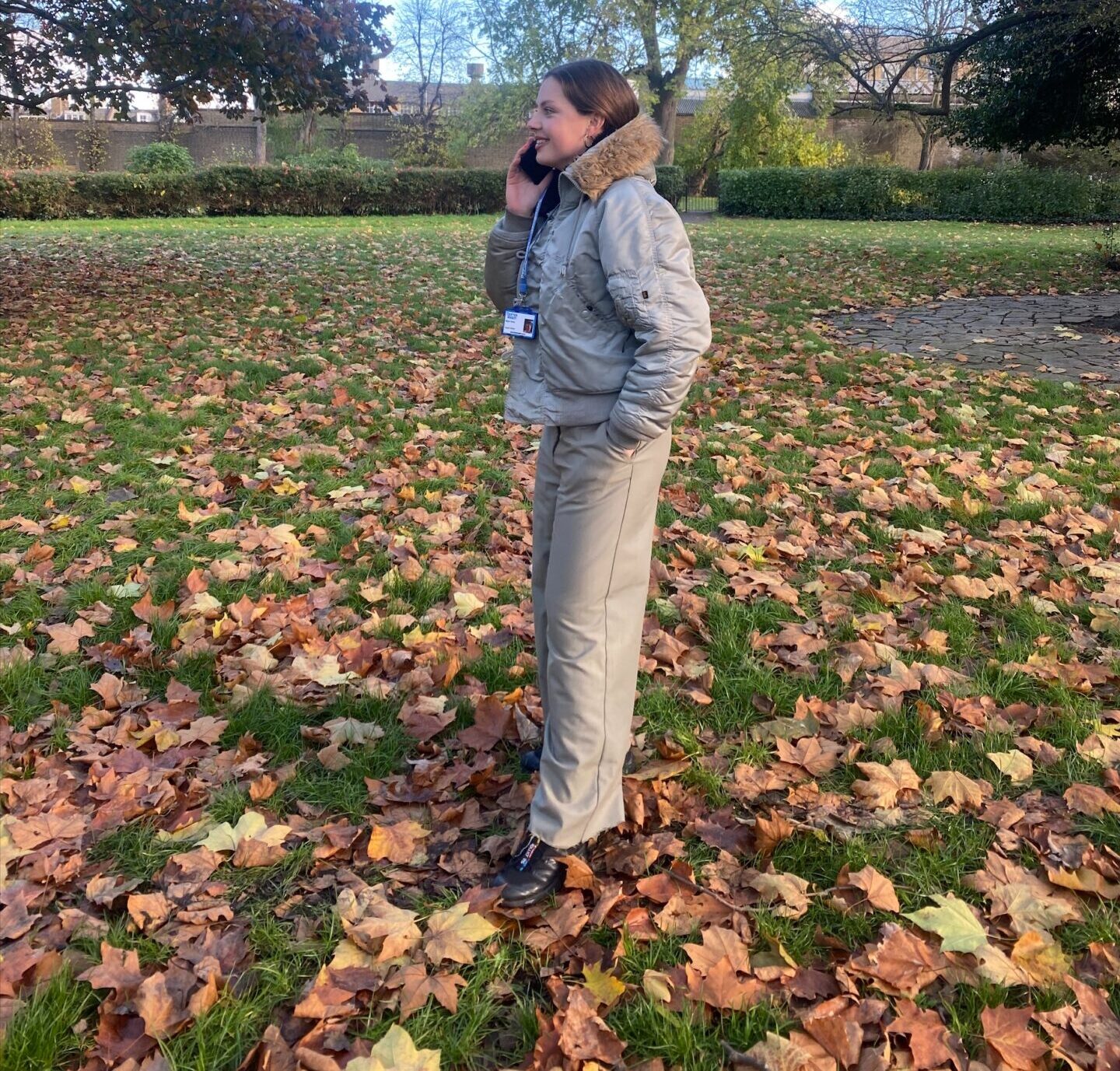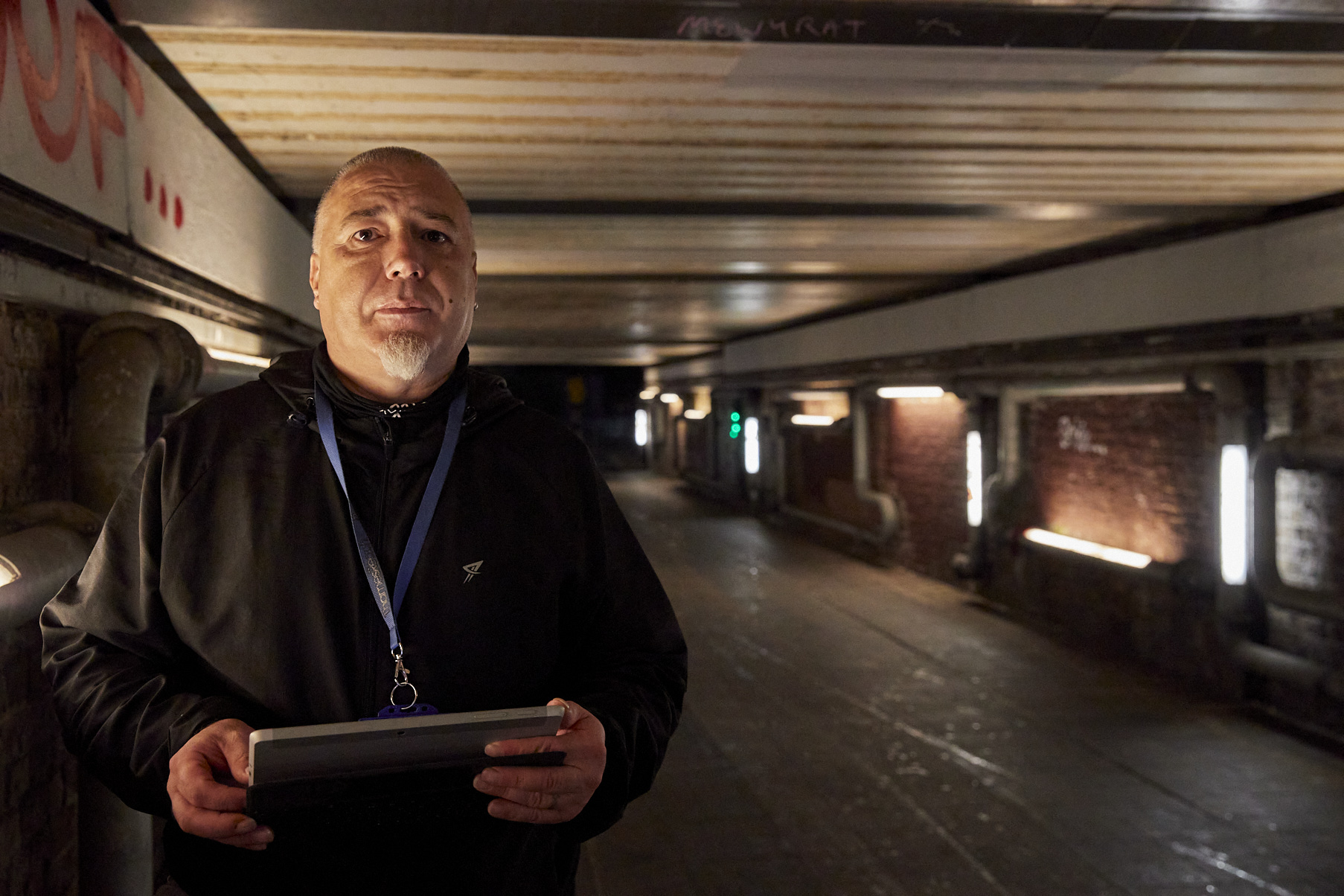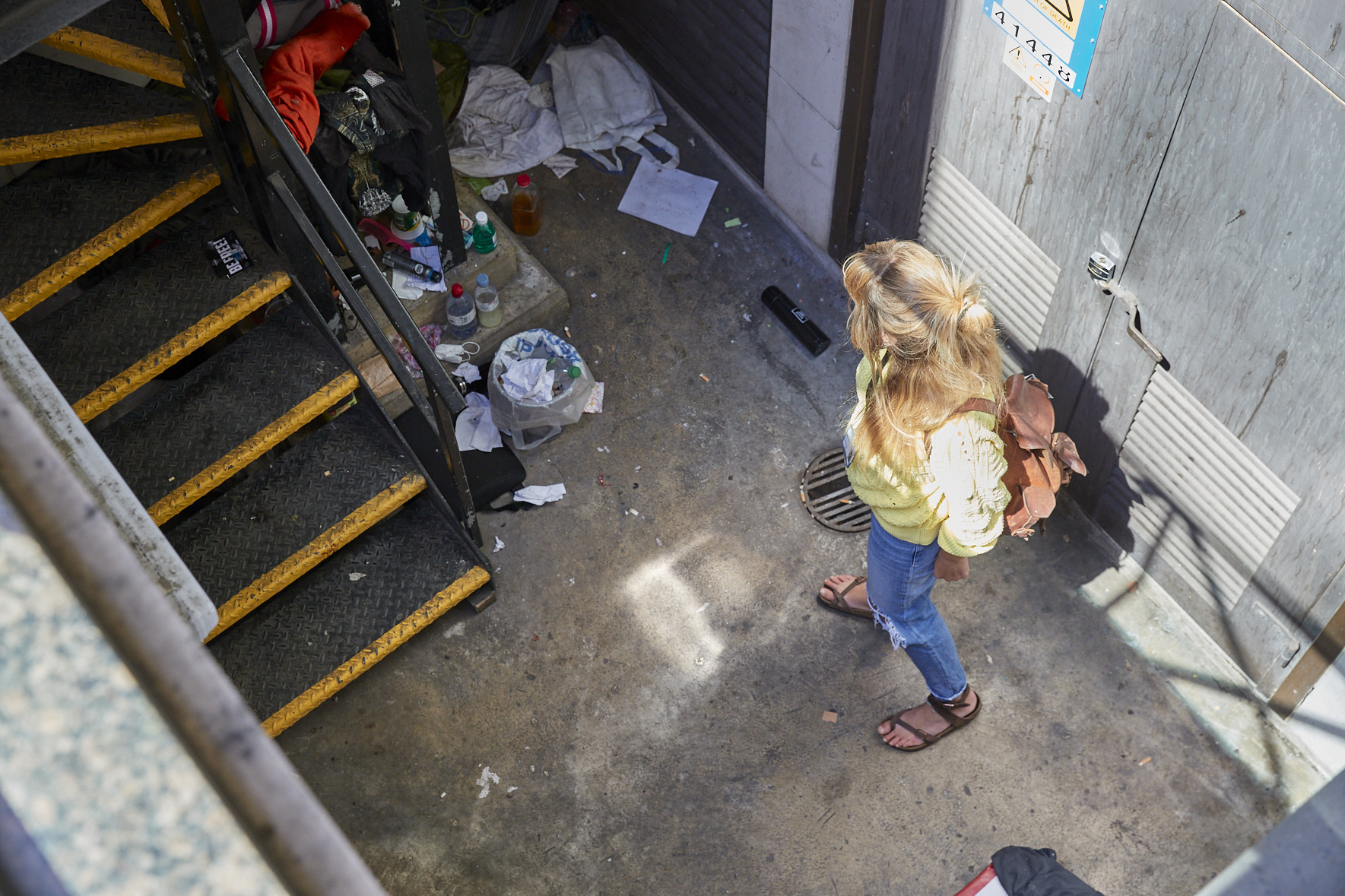Content warning: non-graphic references to domestic violence
Megan is a support worker in the Connect, Home, Aspire (CHA) team, who provide a service for people with a range of support needs. The team help people get into suitable and stable accommodation, acting as a stepping stone between supported and private accommodation. Megan discusses the work she does, a significant part of which is keeping in regular contact with her clients, on the phone and in-person.
“I’ve been in the CHA team since joining Thames Reach in December 2021, when the service first started. I have a caseload of around 22 people I work with, who have been referred to us from other homelessness services in London, as well as other teams at Thames Reach. As a woman, most of the female survivors of domestic violence in the project will be in my caseload; this ensures our support is tailored to the individual’s past trauma.
“When I have been assigned a referral, I make contact by phone initially and then will often meet them in-person. It’s important to speak to people face-to-face for initial assessments, so we can cater to what they actually need, and understand their journey. We see people in a range of situations, and no two people are the same. If someone is currently rough sleeping, I will move my schedule around to prioritise them urgently.
“We work with a partner housing association, Cromwood, to house people in long-term, sustainable accommodation. We often have to advocate for people who are referred to us, and build the trust on both sides, once we are certain that the new flat being offered is the best option. Once an offer has been made, we meet with the housing officer and the new tenant at the property to sign the contract and pick up keys.
“It is at this point that our support packages really vary; although in CHA the people we work with have medium-to-high needs, this can vary between weekly to biweekly check-ins, potentially being less frequent as time goes on. In subsequent appointments we will work together to help them with a range of things including registering with a GP, setting up and accompanying them to appointments if necessary, and applying for grants and benefits.
“Promoting independence is essential in what we do, which can include establishing links to new and existing communities, and re-establishing links with family and friends.
“Connect, Home, Aspire is a pan-London service, and we get referrals from a wide range of places, so it is important that I schedule my time so I am spending as little time travelling as possible, visiting my clients who are local to each other in the same day. We play an active role in ensuring people are comfortable in their new accommodation and are integrating well into their daily life; we sometimes attend appointments at GPs, hospitals, courts and food banks with individuals so they feel represented and can build confidence in living more independently, after traumatic periods of their lives.”




